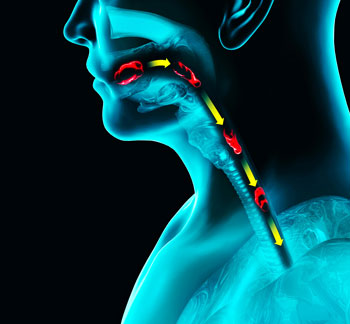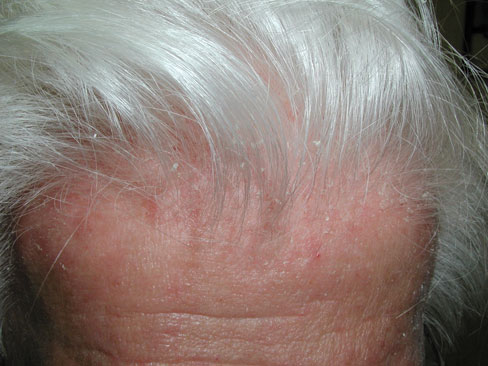Universal health care, alcohol misuse, and the inpatient exam
Readers respond to recent coverage.
Applause for universal health care
I had to take a moment to applaud and echo the well-written column by ACP President Omar T. Atiq, MD, FACP, on universal health care in the June 2023 ACP Internist (“Universal Health Care: Why Not?”). Though his vision of a highly functioning health care system for the U.S. may sound utopian, it is indeed what we should be advocating for, and working toward. Well-financed lobbyists will fight tooth and nail to maintain the status quo, and political inaction by our elected leaders will foster their success, but we must fight just as hard for what is a moral imperative and more economically just.
I am proud that ACP is taking this stand.
Kudos to Dr. Atiq and ACP leadership!
Lloyd Alterman, MD, FACP
South Orange, N.J.
Addressing alcohol
I commend ACP President Omar T. Atiq, MD, FACP, for his excellent column about the harms of alcohol (“Silent Epidemic: Alcohol and Preventable Death, Despair”) in the July/August 2023 ACP Internist. I have watched our profession tiptoe around being direct about the harms of alcohol both on a personal and a societal level. Dr. Atiq nailed it. I cringe every time I hear a physician refer to “healthy alcohol intake” or “drinks in moderation,” as though drinking a group 1 carcinogen and toxin could ever truly be considered OK. While we don't want to alienate or judge our patients, I have no reason to protect alcohol or the alcohol industry.
I thank Dr. Atiq for his message. Well done.
Erin R. Lockard, MD, FACP
Kansas City, Mo.
Reflecting on the inpatient exam
I enjoyed the recent article “Useful Physical Exam Skills for Inpatient Assessment” by Daniel D. Dressler, MD, MSc, FACP, in the July/August 2023 ACP Internist. I'm an internist from Washington, D.C., now practicing in Bologna, Italy, for the past 25 years.
As an old-timer, I could not help but hear echoes of the past when Dr. Dressler emphasized, for example, the importance of obtaining vital signs. Unfortunately, these days, such cardinal data are delegated to digital devices (actually a real human digit would be much more helpful, as in taking the pulse!). How many times do clinicians rely on electronics to save time? After all, it is boring to stand there holding a wrist or counting respirations for 30 seconds or more. I can't recall the number of times I've congratulated myself for having been persistent and made a correct diagnosis as a result. And let's not forget the transcendental effect of the human touch of the doctor's hand on the patient's arm.
I'm glad Dr. Dressler raised the subject of searching for postural hypotension in patients with the appropriate symptoms and settings. I suspect that most doctors understand the importance of documenting this but simply don't or can't take the time to help the patient stand at the bedside for less than a minute. It's much easier to order a blood urea nitrogen or hemoglobin, move on to the next patient, and await the lab results.
Finally, having had the privilege of attending Heart House courses by the likes of the late W. Proctor Harvey, MD, and Michael S. Gordon, MD, PhD, I can fully appreciate the importance of the jugular venous pressure assessment. Dr. Harvey insisted that in every patient one should place the palm of his/her hand over the apex of the heart to locate the point of maximal impulse while observing the jugular venous waves simultaneously. We got lots of information literally “in a heartbeat.” The stethoscope was not to be inserted into the ears until these two things had been done!
I look forward to more installments of this column in the future. It's refreshing to read about subjects requiring physical assessment and not just a FaceTime assessment. O tempora, o mores!
Stephen J. Williams, MD, FACP
Bologna, Italy




